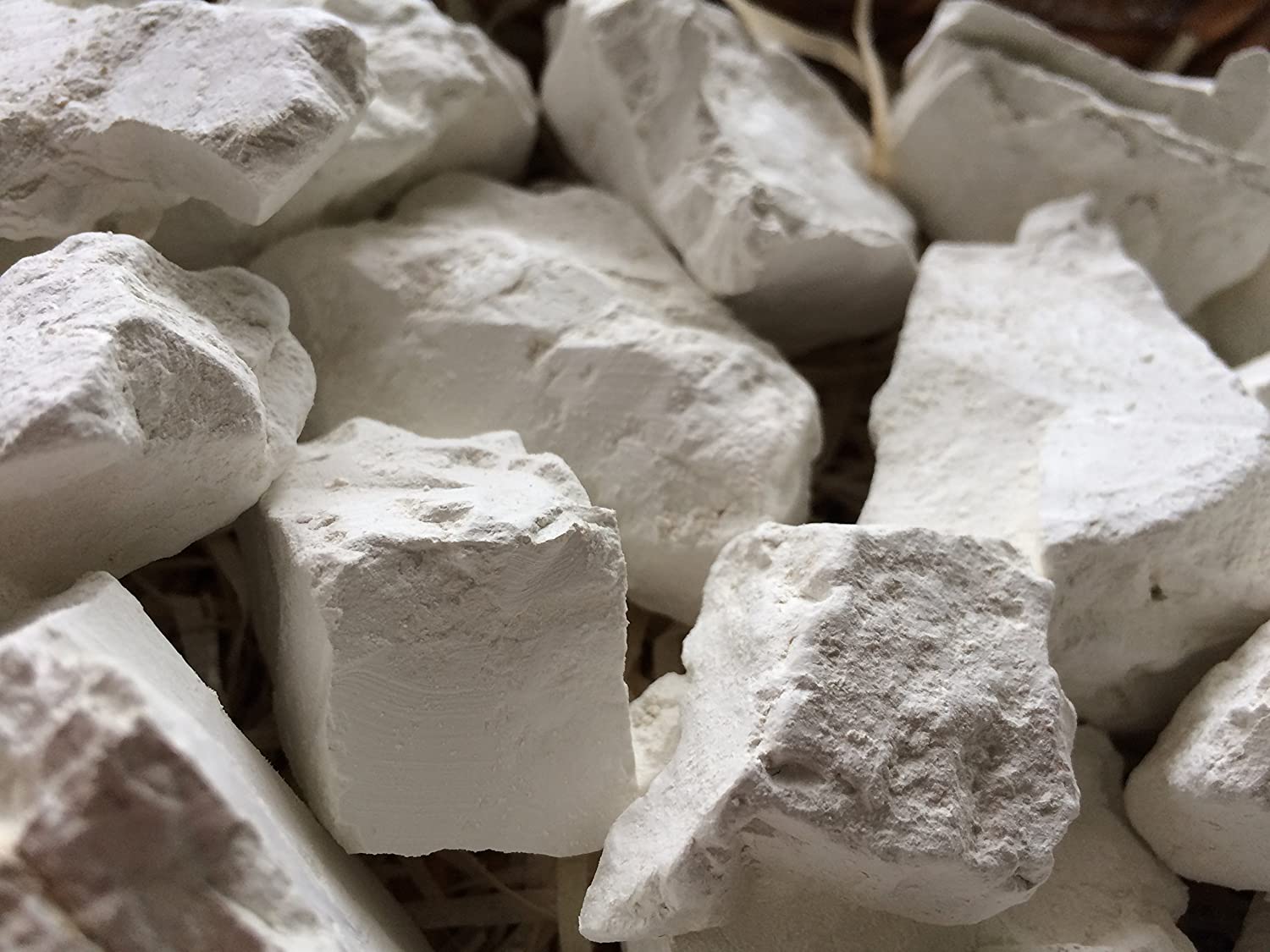Kaolin deposit in Nigeria is said to be around three billion metric tonnes.
Experts said kaolin, which can be found in different parts of the country, could be used as a substitute for titaniue dioxide in paint production.
- ‘Gold mining initiative to fetch Nigeria N261.9bn yearly’
- Illegal miners undermining Nigeria’s sovereignty — Lawan
A research document from the Raw Materials Research Development Council (RMRDC) seen by our reporter shows that there are at least 45 known deposit sites of kaolin in Nigeria and there is no state in the country without at least one site.
According to experts, kaolin (a naturally occurring mined mineral) is an aluminosilicate particle film that can be applied directly onto crops.
It is said to be capable of reducing populations of psyllids, aphids, thrips and weevils, as well as reducing incidences of insect-vectored diseases.
An agriculturist, Mr. Toyin Ayo, said value could be added to help farmers solve the problem of plants attack as locally-produced kaolin would be cheaper and safer than the chemicals circulating in the market.
According to RMRDC, pigments are some of the main components in paint formulation. The most important pigment used in paint making is titanium dioxide, due primarily to its physical characteristics.
Among inorganic pigments, titanium dioxide is the most important in the world, accounting for approximately 70 per cent of total volume, but experts say the continuous rise in its price has necessitated a search for alternative raw materials worldwide, which calcined kaolin fits in.
A geologist, Mr. John Ishaya, noted that the high demand and increasing cost of kaolin was fuelling the need to reduce cost of paint making.
Mr. Ishaya said, “For this reason, the search for an alternative to substitute titanium dioxide as paint pigment is vigorously being pursued, and one of the most prominent alternatives is calcined kaolin, which has physical and chemical properties that compare favourably with those of titanium dioxide”
He said apart from the cost reduction initiative, the use of calcined kaolin had other advantages and that its production process was environmentally friendly and required less capital.
In a document, RMRDC said the country spent about N7.6bn on the importation of paint pigment in 2015 and that the figure rose to N19.9bn in 2019.
This is something the Director General (DG) of the RMRDC, Prof. Hussaini D. Ibrahim, said could not continue in the country.
Prof. Ibrahim said the council initiated a project aimed at producing calcined kaolin that would serve as 40 per cent substitute for titanium dioxide in paint making.
He said this was expected to lead to reduction in the importation of titanium dioxide by about 40 per cent and that in addition it would assist in the development of simple technology for production of calcined kaolin and stimulate interest in investment of the solid mineral sector.
Prof. Ibrahim added that, “The first phase of the project has been completed. The kaolin deposit in Alkaleri was used. The raw kaolin was calcined without beneficiation and it produced five per cent substitution of titanium dioxide after industrial test.”
According to him, the second phase of the project involved the calcination of kaolin from seven deposits across the six geo-political zones of the country and that 20 per cent substitution was achieved after industrial test.
He further said the third phase of the project which was aimed at addressing the issues identified in the second phase, developed and test ran a gas suspended calciner, and added that the company had completed the fabrication of the calciner, which the cooling section had been installed along with Calciner Riser Column.
He explained that the council was working with investors to work out modalities for the establishment of such facilities near relevant kaolin deposits in the country.
Prof Ibrahim said, “When the projects are eventually completed the cost of paint production in the country will reduce by about a quarter, while at the same time employing a good number of skilled and unskilled workers.”

 Join Daily Trust WhatsApp Community For Quick Access To News and Happenings Around You.
Join Daily Trust WhatsApp Community For Quick Access To News and Happenings Around You.

